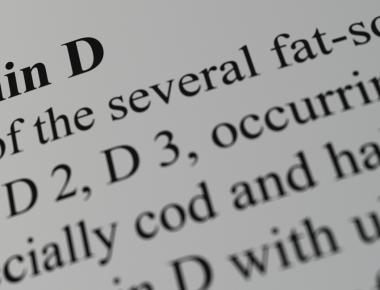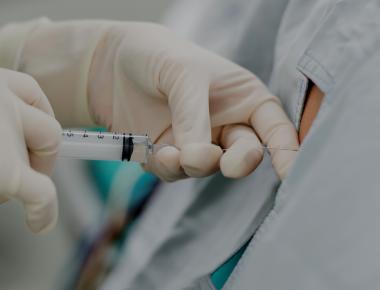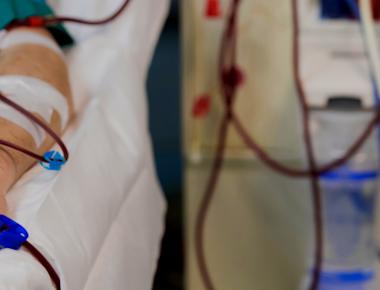
Can Magnesium Sulfate Effectively Attenuate Arterial Pressure Increase During Laparoscopic Cholecystectomy
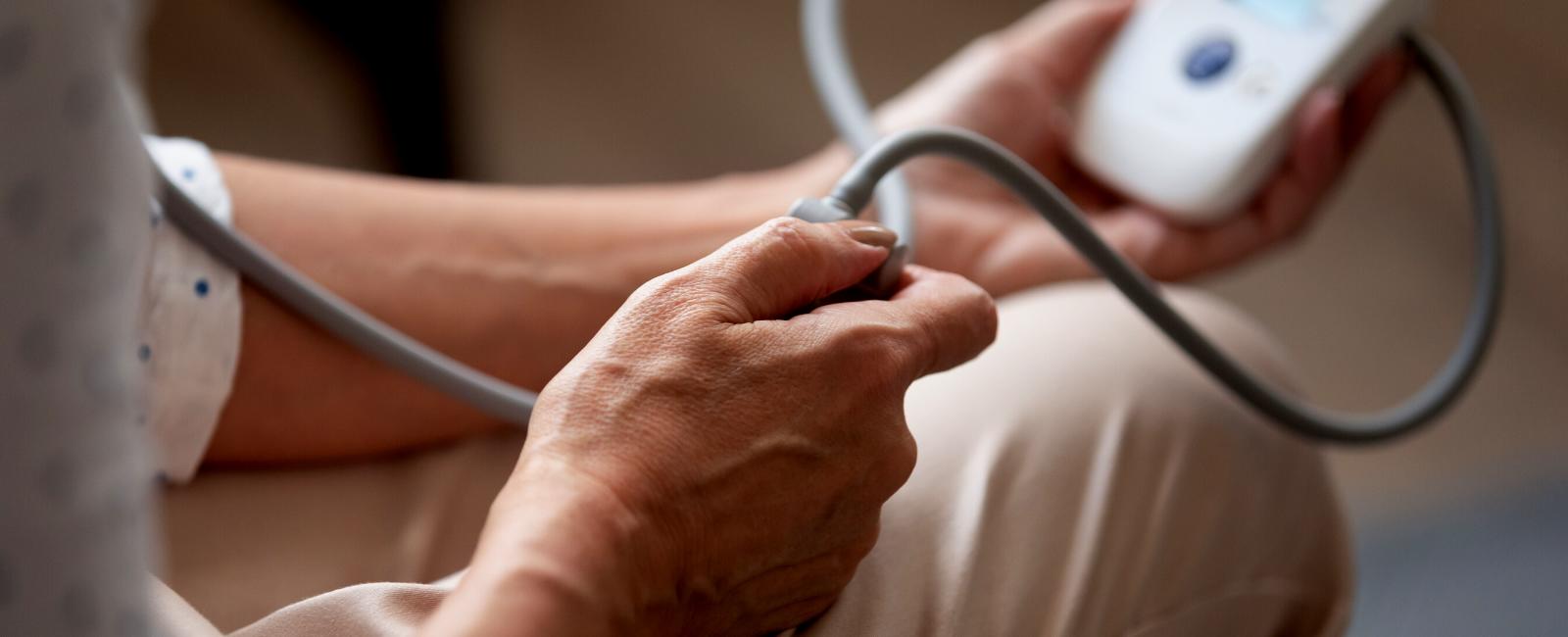
Table Of Contents
What is Laparoscopic Cholecystectomy?
Laparoscopic cholecystectomy pertains to the surgical removal of the gallbladder through small incisions in the stomach and with the aid of a camera. It involves blowing carbon dioxide into the abdominal cavity producing a pneumoperitoneum. If not regulated, this condition can cause a sudden and intense increase in blood pressure and tightening of blood vessels.
Can Magnesium Help Control the Effects of Pneumoperitoneum?
In this study, we looked at whether magnesium sulfate given intravenously (through the veins) can reduce the ill effects of pneumoperitoneum by slowing down the release of stress hormones, like vasopressin and catecholamines, into the blood during laparoscopic cholecystectomy.
The Study on Magnesium Sulfate in Reducing Arterial Pressure
32 subjects about to undergo laparoscopic cholecystectomy with carbon dioxide pneumoperitoneum participated in this study. They were randomly assigned into two groups: the control group was given saline, and the magnesium group received magnesium sulfate immediately before pneumoperitoneum. Arterial pressure, heart rate, and hormonal levels of catecholamine and vasopressin were measured.
The Results
Immediately after pneumoperitoneum, arterial pressures and levels of epinephrine and catecholamines increased significantly in the control group but not in the magnesium group.



The induction of pneumoperitoneum significantly increased vasopressin concentration in both groups, although it was considerably greater in the control group.

The Conclusion
In conclusion, the administration of I.V. magnesium sulfate before pneumoperitoneum attenuates arterial pressure increases during laparoscopic cholecystectomy. This attenuation is related to reductions in the release of catecholamine, vasopressin, or both.
Reference
Magnesium Sulfate Attenuates Arterial Pressure Increase During Laparoscopic Cholecystectomy
Related Posts


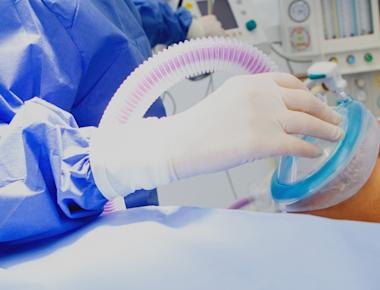
Quick Links
Legal Stuff


